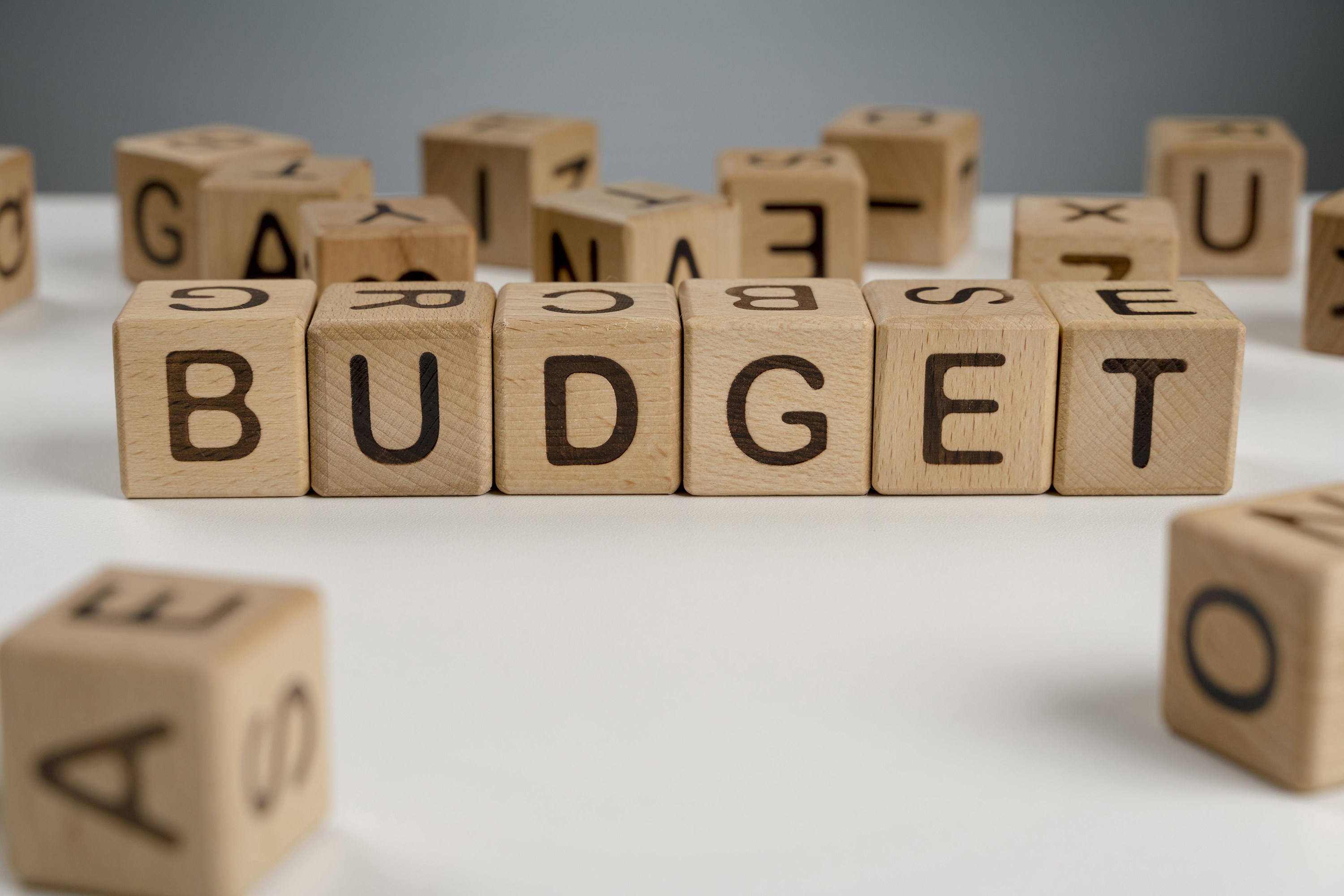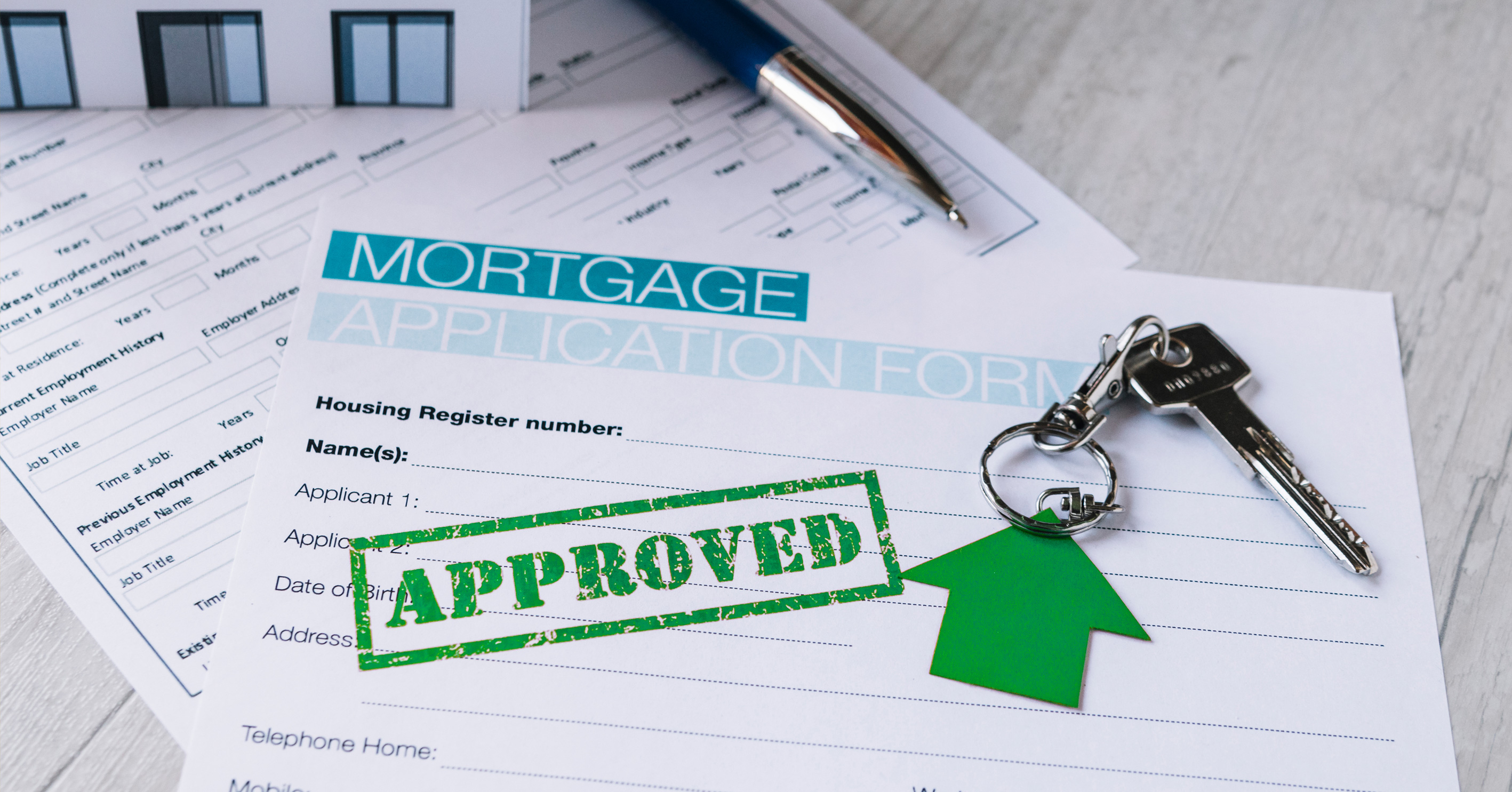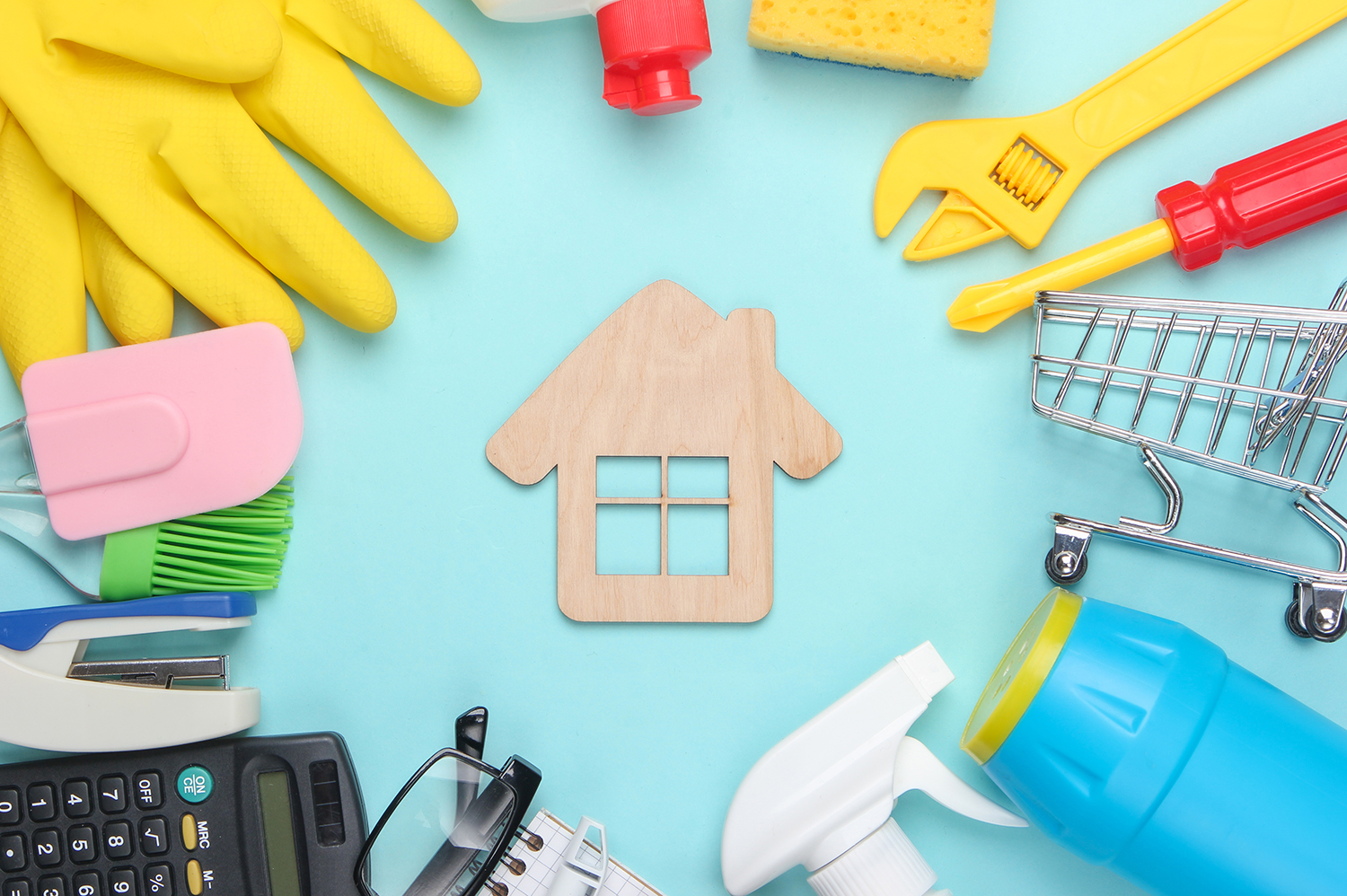There will be a number of household bills and expenses that you might not have had to cover while you’ve been renting. So as you take the plunge into home ownership, here is a whistle stop tour of the running costs and bills you probably will have to pay.
Buildings insurance
You’ll need this to cover the cost of repairing damage to the structure of your property. Mortgage lenders will require you to have a policy in place from the date you exchange contracts in order to give you a home loan.
TIP: If you’re buying a leasehold property, the insurance should usually be included in your service charge.
Mortgage repayments
Nearly all first-time buyers need a mortgage to buy their home, and this will mean making monthly payments to the lender.
The amount you pay each month will be determined by how much you’ve borrowed, what period you’re paying the mortgage back over (the mortgage ‘term’), the interest rate, whether you’re also paying off any fees and whether you have a fixed-rate or variable-rate mortgage.
TIP: Whichever type of mortgage you choose, make sure you remortgage at the end of the introductory period to avoid being transferred onto a more expensive rate.
Gas and electricity bills
Most energy companies will offer several payment options and you can choose to pay either quarterly, monthly or annually. Don’t forget to keep an eye on how much your energy bill is costing you though and switch if you’re paying too much.
TIP: When you’re viewing properties they’ll each have an energy performance certificate (EPC). This will help you see how energy-efficient the building is and give an indication of how much your bills might be.
Water bills
Water rates vary and depend on where you live and the availability of water in your area. Unlike gas and electricity, you can’t switch water supplier because they are allocated depending on where you live.
TIP: If you have fewer people living in yor house than the number of bedrooms, it’s worth looking into getting a meter fitted which means you’ll only pay for what you use.
Contents insurance
Contents insurance covers the cost of replacing your belongings if they are damaged, destroyed or stolen. You don’t have to have contents insurance but it’s advisable because it’s better to regret having it than regret not!
TIP: People often combine contents insurance with their buildings insurance and is refrered to as ‘home insurance’.
Council tax
We, or the seller, should be able to tell you which band your new home is in, or you can use the government website to look it up online.
Once you know which band you’re in, use a council tax calculator to see how much you’ll pay. Did you know that the price you pay is usually determined by what the home was worth in 1991!
If you think your property is in the wrong council tax band and you’re paying too much tax, you can appeal against your banding but only appeal after carefully researching what your neighbours are paying as the council could increase it as well as decrease it.
TIP: You can apply for a 25% discount if you live alone or if the property is empty.
TV, broadband and phone bills
New customers will get better deals than existing ones, so it’s worth shopping around when you move in and considering switching to find the best deal each year.
TIP: People can save an average of £725 a year if they negotiate with their supplier. Don’t take their first offer.
TV licence
You’ll need a TV licence whether you use Freesat, Freeview or a pay-TV service in your home and whether or not you watch BBC channels. Since 2016, changes in the law have meant that you need a TV Licence to watch or download on-demand or catch-up programmes on BBC iPlayer too.
The TV licence costs £154.50 a year for a colour TV and £52 for a black and white TV. You can pay it all up front or in weekly, monthly or quarterly instalments.
TIP: Those aged 75+ who receive Pension Credit qualify for a free TV licence
Service charges and ground rent in flats
If you’re buying a leasehold flat, you’ll have to factor in monthly or quarterly service charges and ground rent. Service charges cover the management and maintenance of the building’s communal areas and tend to cost between £100 and £200 a month. Most freeholders appoint managing agents to look after communal areas, so these fees may be combined into one payment.
TIP: Make sure your property solicitor looks over the lease very carefully before you buy a leasehold property, as some can contain punitive clauses and spiralling ground rents.
Home repairs and maintenance costs
Whether it’s a boiler breakdown or replacing your kitchen, you’ll need to be able to finance the costs of repairing and maintaining your home. Here are some of the most common types of maintenance that you should factor into your budget:
•Boiler servicing: get your boiler serviced once a year - when you come to sell your home some buyers will ask about this.
•Electrics: you should get your electrics safety-checked every five to ten years.
•Decoration: cosmetic changes, such as painting and decorating rooms, will also generally need to be done every five to ten years.
•Renovations: more major work, such as replacing kitchens and bathrooms, might be done every 10-20 years.
TIP: it’s always worth setting money aside each month so that you’re prepared if you’re hit with unforeseen expenses.
Parking charges
If you don’t have a garage, driveway or free on-street parking, you might need to budget for a residential parking permit. The cost of these permits will vary depending on the area you’re in.
TIP: These parking permits don’t always guarantee a parking space, but they do enable you to park in resident-only parking bays within a certain distance of your home.
We hope this list has been useful. There is lots more guidance and advice we can give you. Just ask!






Share this with
Email
Facebook
Messenger
Twitter
Pinterest
LinkedIn
Copy this link